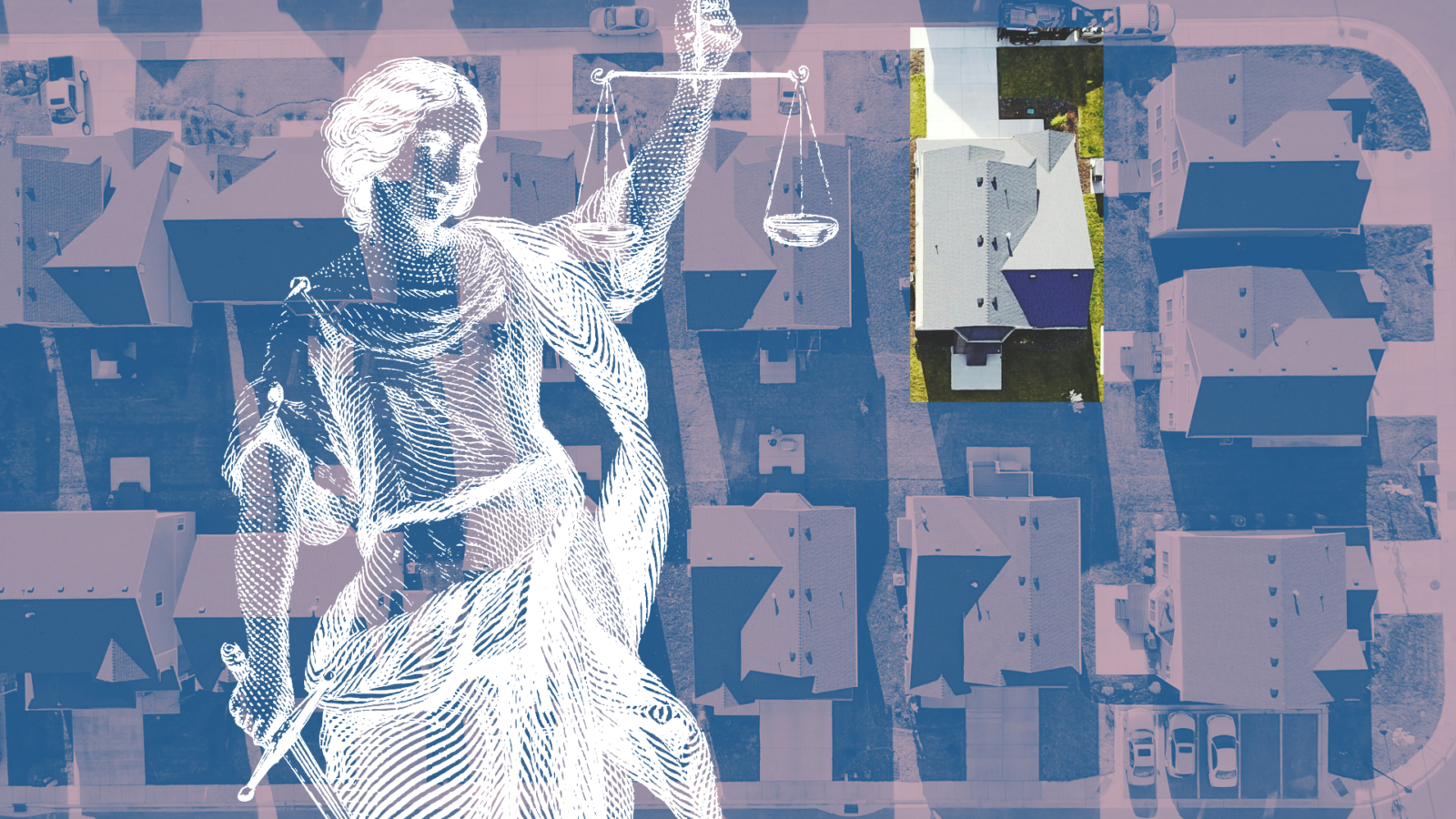Tipping the Scales of Housing Justice
Crossposted at Fix HomelessnessA 2017 report, Losing Home: The Human Cost of Eviction in Seattle, by the King County Bar Association’s Housing Justice Project and the Seattle Women’s Commission, provides 8 steps to “rebalance the scales of justice” by strengthening tenant rights. Seven years later, the scales of justice have tipped well beyond balance.
A few recent examples:
- Seattle homeowner Jason Roth finally got his house back after a lengthy legal saga and $30,000 in lost rent. Roth was forced to live in his van while his tenant lived in his home for a year without paying and even profited by renting the basement out on Airbnb.
- A King County resident lived for free in an apartment for 218 days after his eviction notice was first posted, moving out with $35,500 in unpaid rent and legal fees.
- In Snohomish County, it took six months from the date of the first non-payment for a resident to move-out, who left with $13,700 in unpaid rent and legal fees.
While our current laws were evidently meant to protect tenants from arbitrary fines, rules, or evictions, the reality is Washington landlords are subject to unreasonable hurdles as they attempt to protect their properties from the destructive, criminal behavior of tenants. Landlords are forced by the legal system to provide housing without compensation, sometimes for years at a time.
A noticeable shift in eviction law and legal practice began around 2018 and is only getting more obvious now. Prior to 2018, a tenant had 3 days to pay rent or 10 days to comply with the terms of his lease after a notice was posted. In 2019, the period was extended to 14 days across the board, and later, 30 days as a result of the ongoing CARES Act. And telling your landlord that you’ll comply with the lease next time, and then failing to do so after the notice period ends, starts the 30-day count over again.
Legal protection swings heavily in favor of the tenant. Tenants who meet moderate-income requirements receive an attorney for free at the cost of taxpayers. There is no requirement for the tenant to show up to court hearings, and many do not. At the judge’s discretion, continuances can be granted again and again, extending the process.
Clearly, there is an intentional effort to slow down the eviction process in the name of justice. But dragging out an eviction process does nothing to help someone in a vulnerable position secure housing in the long run. Even public housing authorities use rental history to approve applicants. And even if delaying the eviction process allowed a tenant to resolve unpayment or lease violations, the sole cost of the delay is borne by the landlord.
At the heart of the landlord-tenant issue lies the notion of justice, a concept based on an understanding of what is deserved. Justice gives what is deserved. In the cases above, landlords deserve to get paid in exchange for the goods they offer the marketplace — in this case the use of their homes. And tenants deserve a fair shot at securing housing in the marketplace, and housing that is not made unsafe and unlivable by the behavior of other tenants. But nobody deserves a free home from someone else purely by virtue of being a human. By failing to protect what landlords deserve, our current system is unjust.
Reasonable people may disagree on what exactly constitutes fairness when it comes to the landlord-tenant relationship. But reasonable people agree that no one is simply entitled to free housing. By way of comparison, the law does not obligate restaurants to give free food or for stores to provide free clothing, even though food and clothing are fundamental to survival and wellbeing. In fact, the law allows restaurants and stores to refuse service to someone not cooperating with their reasonable rules despite ability to pay. What the law does protect people from is restaurants or stores that discriminatorily refuse to provide their goods in exchange for pay and cooperation with their rules.
Current housing and eviction jurisprudence is operating distinctly outside of these commonsense standards. Housing providers are forced under the law to provide their homes for free to people who are not cooperating with their reasonable rules and who refuse to pay. Until the law protects landlords and tenants equally, the scales of justice will remain off kilter.
